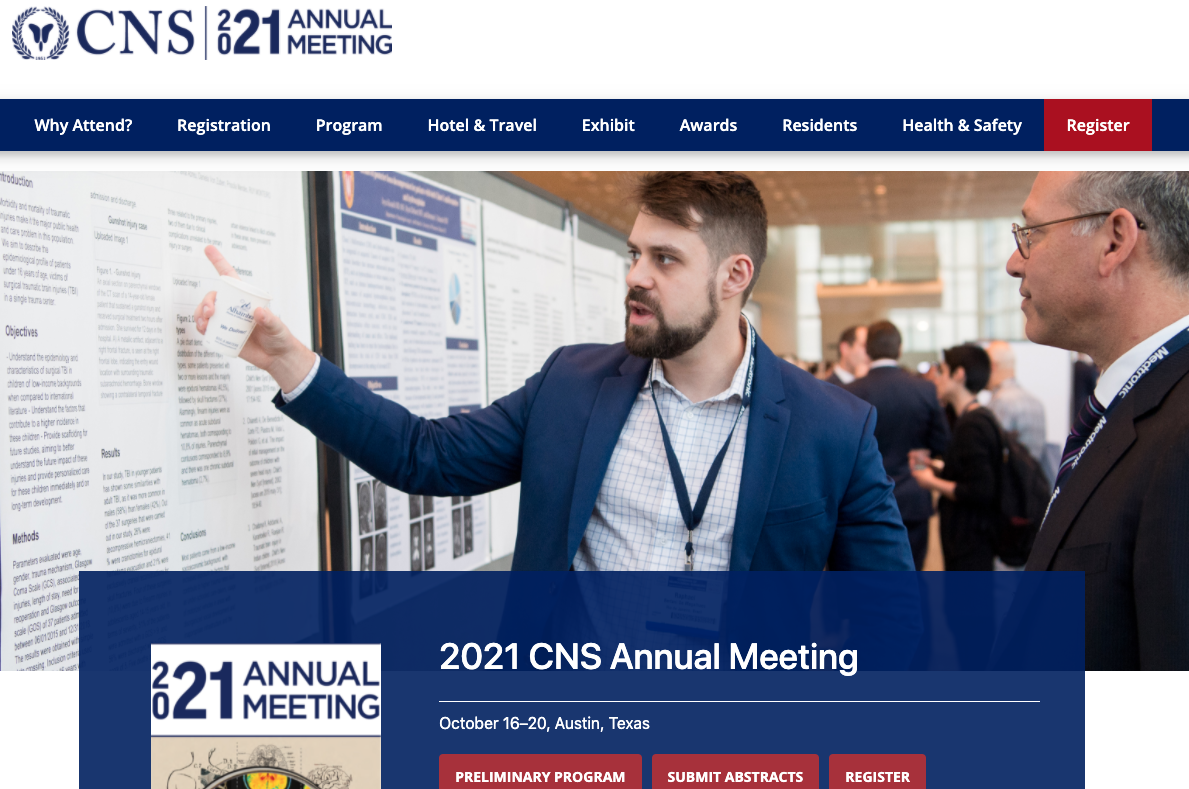X
X
Leaving Community
Are you sure you want to leave this community? Leaving the community will revoke any permissions you have been granted in this community.
No
Yes
X
How to bury your academic writing (or should I write that book chapter?)
How to bury your academic writing (or should I write that book chapter?)
A recent blog post by Dorothy Bishop on "How to bury your academic writing" came through this week that considers the question of the relative impact of book chapters vs published articles. She concluded that book chapters generated far fewer citations than published articles and attributed it to the fact that book chapters are generally behind a pay wall, often a fairly hefty one (the latter is my opinion, not hers). It prompted a follow up blog post by Pat Thompson "Is writing book chapters a waste of time?" in defense of writing book chapters. I don't think that Ms. Bishop was saying that book chapters were a waste of time; indeed, she claimed that some of her best scholarly work was done as book chapters, as the medium allows for more speculation and creativity than journal articles. I too have found that to be true; some of my best works were book chapters, even though I was told early on in my academic career that book chapters were generally a waste of time and effort, as they did not count towards academic promotion (at least in the biomedical field). But they allowed me greater literary freedom than the typical biomedical article, and I was able to speculate and develop arguments without reviewers crying "foul!". But even I can't gain access to many of these chapters anymore, except as my original word files, unless I have a copy of the book around. So I concur with Ms. Bishop that writing book chapters is perfectly fine, but writing them on-line where they can be found and actually read would likely make them much more useful. There are a lot of interesting tools and models out there where this could be done, e.g., Wikibooks . I confess that very rarely in my career have I been tempted to answer one of the many invitations to edit a book. But if I did, I would strongly consider taking Ms. Bishop's advice: "My own solution would be for editors of such collections to take matters into their own hands, bypass publishers altogether, and produce freely downloadable, web-based copy."Adapted from a piece I wrote at FORCE11.
Maryann Martone, Neuroscience Information Framework
X









